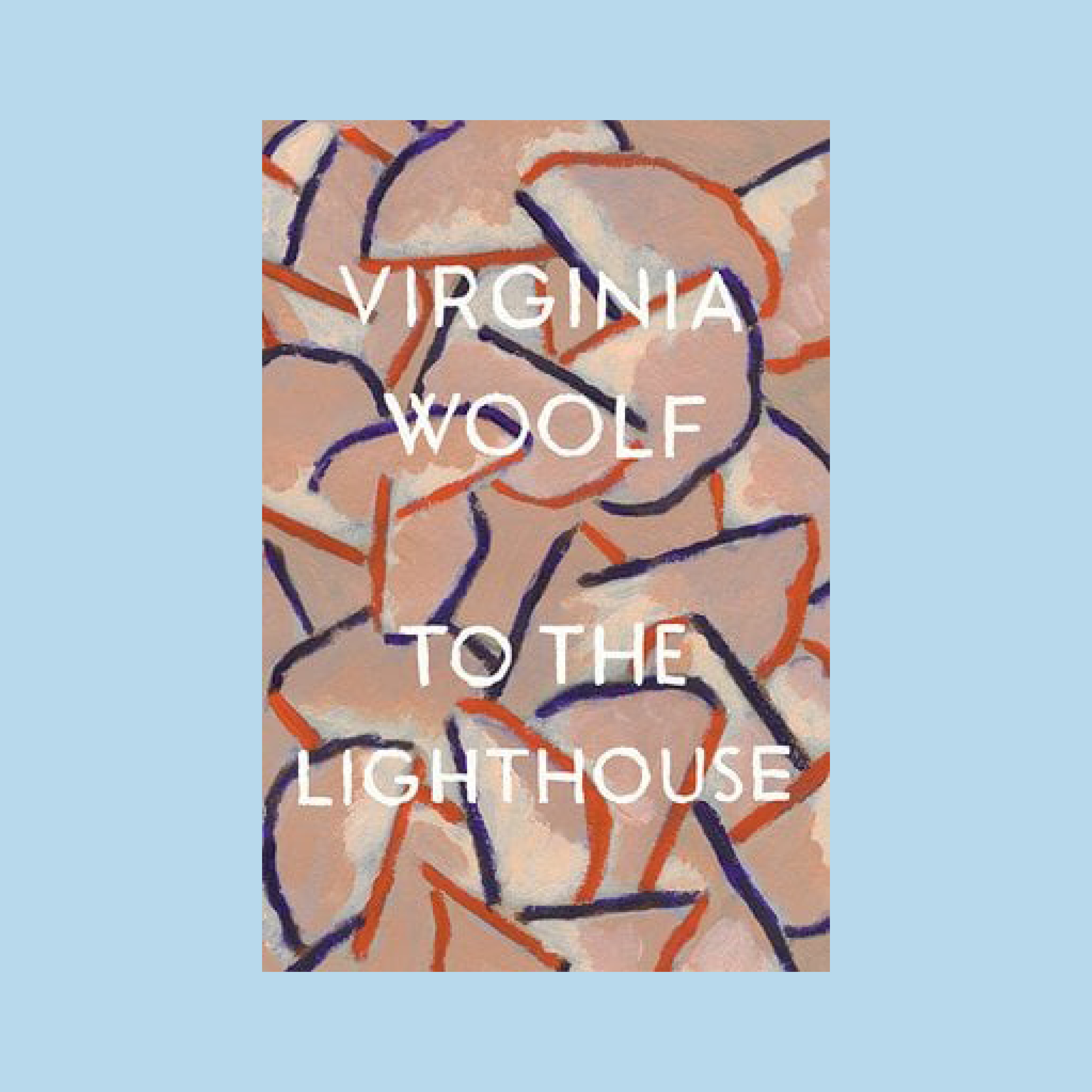APS TOGETHER
Day 8
To the Lighthouse by Virginia WoolfPart I, Chapter 17 (to end)
May 8, 2023 by Mona Simpson
They light candles and the flames bring into focus Rose’s centerpiece, a yellow and purple dish of fruit, grapes, pears and bananas and a “horney pink lined shell.”
Suddenly, the circle tightens.
“Some change at once went through them all, as if this had really happened, and they were all conscious of making a party together in a hollow, on an island; had their common cause against that fluidity out there. Mrs. Ramsay, who had been uneasy, waiting for Paul and Minta to come in, and unable, she felt, to settle to things, now felt her uneasiness changed to expectation.”
Was this magic only the lighting of candles? No. Paul and Minta, the newly engaged couple arrive, terribly late. They explain, by way of excuse, that Minta lost her grandmother’s brooch on the rocky beach and Mr. Ramsay teases her.
“How could she be such a goose, he asked, as to scramble about the rocks in jewels?
She was by way of being terrified of him—he was so fearfully clever, and the first night when she had sat by him, and he talked about George Eliot, she had been really frightened, for she had left the third volume of Middlemarch in the train and she never knew what happened in the end; but afterwards she got on perfectly, and made herself out even more ignorant than she was, because he liked telling her she was a fool. And so tonight, directly he laughed at her, she was not frightened. Besides, she knew, directly she came into the room, that the miracle had happened; she wore her golden haze. Sometimes she had it; sometimes not. She never knew why it came or why it went, or if she had it until she came into the room and then she knew instantly by the way some man looked at her. Yes, tonight she had it, tremendously; she knew that by the way Mr. Ramsay told her not to be a fool.”
“It (my italics) must have happened then, thought Mrs. Ramsay; they are engaged… He, her husband, felt it too—Minta’s glow; he liked these girls, these golden-reddish girls, with something flying, something a little wild and harum-scarum about them… ”
The glow is not only candlelight; it is a young couple in love. (Could Mr. Ramsay have felt this same “glow” if it were a plain young woman in love?)
Lily finds Mrs. Ramsay frightening, understanding that she is her next intended match.
“She was irresistible. Always she got her own way in the end, Lily thought. Now she had brought this off—Paul and Minta, one might suppose, were engaged. Mr. Bankes was dining here. She put a spell on them all, by wishing… [She] led her victims, Lily felt, to the altar. It came over her too now—the emotion, the vibration, of love.”
But Lily is deeply conflicted:
“If you asked nine people out of ten they would say they wanted nothing but this—love; while the women, judging from her own experience, would all the time be feeling, This is not what we want.”
Mrs. Ramsay’s indifference makes for comedy:
Tansley “wanted to assert himself, and so it would always be with him till he got his Professorship or married his wife, and so need not be always saying, ‘I—I—I.’ For that was what his criticism of poor Sir Walter, or perhaps it was Jane Austen, amounted to.”
Then the literary talk gets a little less comic:
“‘Ah, but how long do you think it’ll last?’ said somebody.”
Like a good literary wife, who hides the review section, Mrs. Ramsay’s antennae are raised.
“A question like that would lead, almost certainly, to something being said which reminded him of his own failure. How long would he be read—he would think at once. William Bankes (who was entirely free from all such vanity) laughed, and said he attached no importance to changes in fashion. Who could tell what was going to last—in literature or indeed in anything else?”
Question: Is Virginia Woolf more Mr. Ramsay or Mr. Bankes?
Mr. Ramsay needed “somebody to say, Oh, but your work will last, Mr. Ramsay, or something like that. He showed his uneasiness quite clearly now by saying, with some irritation, that, anyhow, Scott (or was it Shakespeare?) would last him his lifetime… Then Minta Doyle, whose instinct was fine, said bluffly, absurdly, that she did not believe that anyone really enjoyed reading Shakespeare.”
Mrs. Ramsay has her own pride in her creation:
“William must marry Lily. They have so many things in common. Lily is so fond of flowers. They are both cold and aloof and rather self-sufficing. She must arrange for them to take a long walk together.
Everything seemed possible. Everything seemed right… An element of joy which filled every nerve of her body fully and sweetly, not noisily, solemnly rather, for it arose, she thought, looking at them all eating there, from husband and children and friends; all of which rising in this profound stillness… There it was, all round them. It partook, she felt, carefully helping Mr. Bankes to a specially tender piece, of eternity… so that again tonight she had the feeling she had had once today, already, of peace, of rest. Of such moments, she thought, the thing is made that endures.”
The Bœuf en Daube was a perfect triumph.
A beautiful evening, friends feeling connected can last forever too.
Not only books.
Not only Shakespeare.
